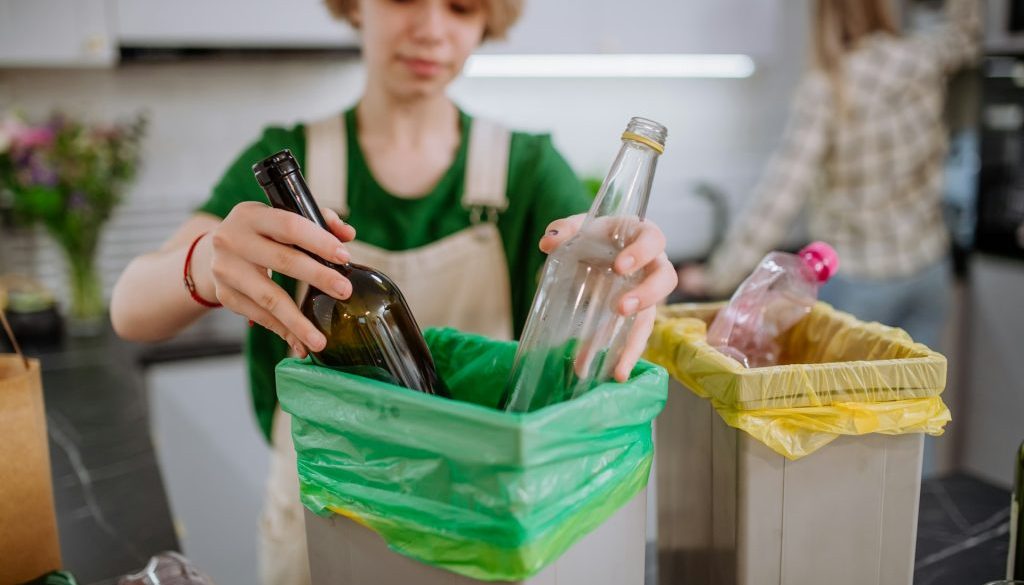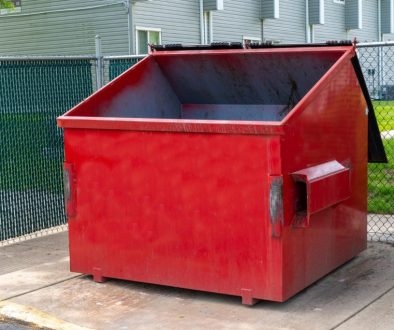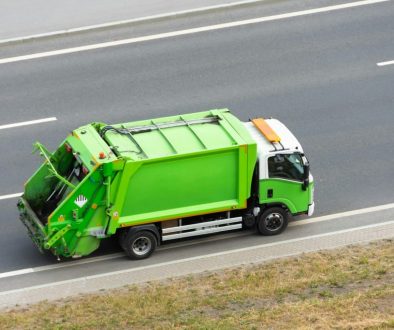Cutting down on the amount of rubbish we produce is crucial for protecting the environment and creating a more sustainable future. Every household can play a significant role in reducing waste through small, simple changes in daily habits. By being mindful of what we buy, how we use items, and what we throw away, we can make a positive impact.
Changing our mindset towards rubbish and adopting strategies like reducing, reusing, and recycling can help decrease the amount of waste sent to landfills. This not only conserves natural resources but also reduces pollution and saves energy. Small actions add up, and every individual’s effort makes a difference.
In this article, we explore practical and easy ways to cut down on rubbish. From understanding the basics of reducing, reusing, and recycling to incorporating smart shopping tips and creative reuse ideas, we provide actionable steps for everyone. Let’s dive into some effective methods to minimise waste and contribute to a cleaner, greener planet.
Reduce, Reuse, Recycle: The Basics Explained
The concept of “reduce, reuse, recycle” forms the foundation of waste management and sustainability. Understanding these basics helps us make more informed decisions about how to handle rubbish.
Reduce: The first step is to reduce the amount of waste we produce. This means being mindful about what we buy and trying to minimise the quantity of disposable items. Things like using reusable shopping bags, buying products with less packaging, and opting for items with a longer life span can significantly cut down on waste.
Reuse: The second step focuses on finding new ways to use items instead of discarding them. For example, old glass jars can be repurposed as storage containers, and worn-out clothes can become cleaning rags. Reusing items reduces the need for new products, saving both resources and money.
Recycle: The final step involves converting waste into new products. By sorting recyclables like paper, metal, glass, and certain plastics, we can ensure they are processed and transformed into new materials. This reduces the need for raw materials and helps keep waste out of landfills.
Mastering these three principles can drastically reduce our environmental footprint and foster a more sustainable lifestyle. By reducing what we consume, reusing what we have, and recycling what we no longer need, we can each play a part in protecting our planet.
Smart Shopping Tips to Minimise Waste
Shopping habits can greatly influence the amount of waste we generate. Adopting smart shopping practices helps minimise rubbish and promotes a more eco-friendly lifestyle. Here are some tips to get started:
Bring Your Own Bags: One of the simplest ways to cut down on waste is by bringing reusable bags when shopping. This reduces the need for single-use plastic bags, which often end up in landfills.
Buy in Bulk: Purchasing items in bulk can reduce packaging waste. Choose bulk bins for items like grains, nuts, and cereals, and bring your own containers if allowed.
Opt for Reusable Products: Whenever possible, choose reusable over disposable. Items such as water bottles, coffee cups, and food containers made of durable materials can replace single-use options.
Select Items with Minimal Packaging: Pay attention to the packaging of the products you buy. Opt for items with minimal or recyclable packaging to reduce waste.
Prioritise Quality Over Quantity: Investing in high-quality, durable products may cost more upfront but can save money and reduce waste in the long run. Such items tend to last longer, reducing the need for frequent replacements.
Plan Your Meals: Planning meals ahead of time can reduce food waste. Make a shopping list based on your meal plan to avoid buying unnecessary items that may go unused.
These smart shopping tips are easy to incorporate into daily life and have a significant impact on reducing waste. By making mindful choices at the store, we can all take small steps towards a more sustainable future.
Creative Ways to Reuse Common Household Items
Reusing common household items can help reduce waste and save money. With a bit of creativity, you can give new life to items that would otherwise be thrown away. Here are some inventive ways to reuse everyday objects:
Glass Jars: Instead of discarding glass jars, transform them into storage containers for spices, nuts, or craft supplies. They can also serve as attractive vases or candle holders.
Plastic Bottles: Cut the tops off plastic bottles to create plant pots. They make great seed starters for the garden. Alternatively, use them as funnels or to store small parts like nails and screws.
Old Clothes: Repurpose old clothes into cleaning rags or make patchwork quilts. T-shirts can be turned into tote bags or braided into rugs.
Cardboard Boxes: Use cardboard boxes as organisers for drawers or storage spaces. They can also be converted into children’s playhouses, cars, or boats with a bit of decoration.
Wine Corks: Collect wine corks to make coasters, bulletin boards, or even keychains. Glue them together to create unique household items that are both functional and decorative.
Paper and Magazines: Turn old paper and magazines into art projects. Cut out pictures and words to make collages, or create handmade cards and envelopes.
These ideas show that with a little imagination, many household items can be reused in fun and practical ways. By re-purposing, we can cut down on waste and reduce our need for new products.
Practical Recycling Tips for Every Home
Recycling effectively is key to reducing waste and conserving resources. Here are some practical tips to make recycling easier at home:
Know What to Recycle: Familiarise yourself with your local recycling guidelines. Not all items can be recycled, and putting the wrong items in the recycling bin can contaminate the whole batch.
Sort Your Rubbish: Set up separate bins for different types of recyclables like paper, plastic, glass, and metal. This makes it easier to sort and reduces the risk of contamination.
Clean Recyclables: Rinse out containers before placing them in the recycling bin. Clean items are more likely to be recycled, as dirty ones can spoil the rest.
Flatten Boxes: Break down and flatten cardboard boxes. This saves space in your recycling bin and makes them easier to transport and process.
Recycle Electronics Properly: Take old electronics to designated recycling centres or collection points. Many electronic items contain hazardous materials that need special handling.
Compost Organic Waste: Set up a compost bin for food scraps and garden waste. Composting reduces rubbish and creates nutrient-rich soil for your garden.
Reuse or Donate Before Recycling: Before recycling, think if the item can be reused or donated. Clothes, toys, and furniture often have a second life if given to charity or through local community groups.
By following these recycling tips, we can all play our part in reducing waste and protecting the environment. Effective recycling starts at home and contributes to a healthier planet.
Conclusion
Minimising waste doesn’t have to be difficult. By adopting simple habits like reducing, reusing, and recycling, we can make a significant impact on our environment. From smart shopping practices to creative reuse ideas, there are countless ways to cut down on rubbish and promote sustainability.
It’s essential to remember that every small action counts. Whether it’s bringing our own bags to the shop, finding new uses for old items, or properly sorting our recyclables, we can each contribute to a cleaner and greener world.
If you’re looking for more ways to manage waste responsibly or need professional skip hire services, Enviro Skip Hire is here to help. Contact Enviro Skip Hire today to learn more about our services and how we can assist you in creating a more sustainable future. Let’s work together to reduce waste and protect our planet for generations to come.




